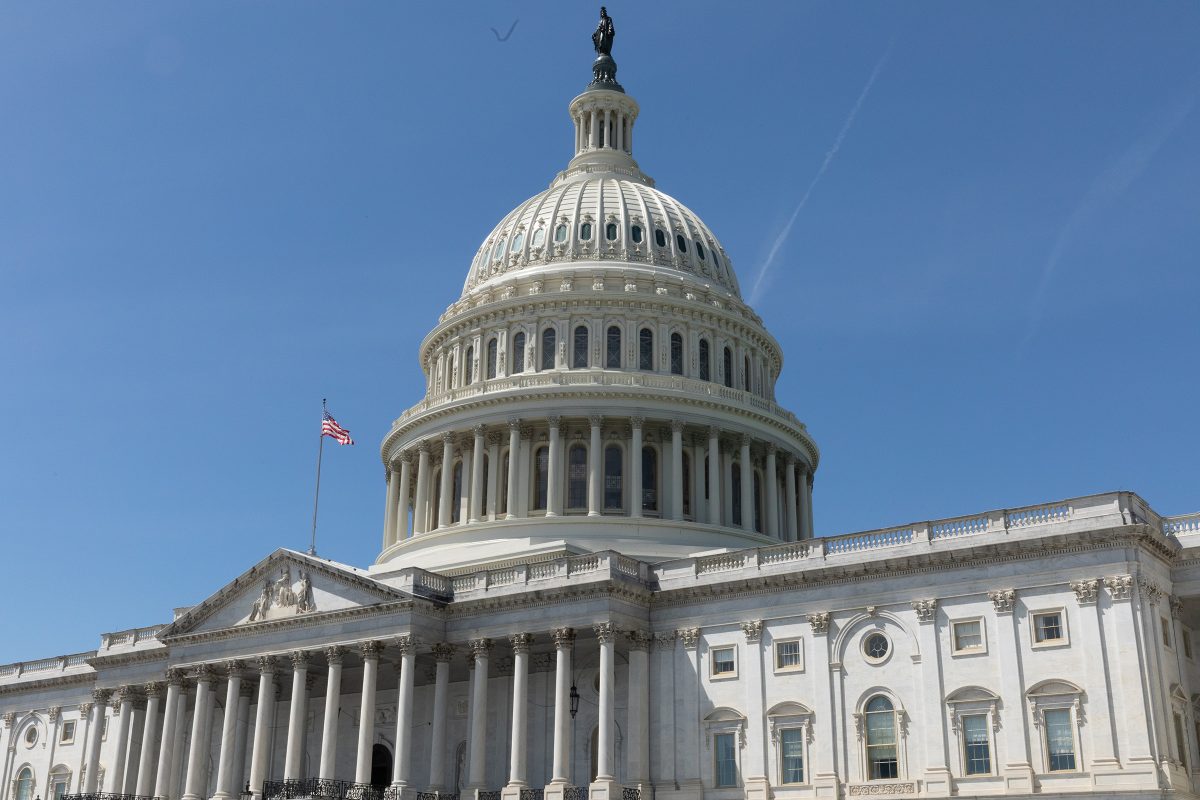Senators Propose Bill to Enhance Secret Service’s Role in Digital Asset Crimes
05.08.2024 18:00 1 min. read Alexander Stefanov
U.S. senators are pushing for new legislation to expand the Secret Service’s role in tackling crimes involving digital assets.
The proposed Combating Money Laundering in Cybercrime Act of 2024 aims to empower the Secret Service to investigate and prosecute illegal activities related to cryptocurrencies.
Introduced by Senators Amy Klobuchar, Chuck Grassley, and Catherine Cortez Masto, the bill seeks to give the Secret Service broader authority over financial fraud, illicit money transfers, and other crimes involving digital currencies. This move comes in response to rising concerns about the misuse of cryptocurrencies for illegal funding.
The proposed law mandates the creation of a Government Accountability Report within a year to evaluate the effectiveness of current anti-money laundering efforts. This report would help assess how well law enforcement is handling digital asset crimes.
The initiative reflects ongoing efforts to adapt regulations to the growing influence of digital currencies. Senator Masto’s previous attempt to address cryptocurrency regulations aimed at closing legal loopholes, and this new bill builds on that foundation.
While illegal cryptocurrency transactions totaled over $22 billion in 2023, down from previous years, cash remains the predominant tool for money laundering. Despite this, U.S. agencies continue to strengthen their fight against crypto-related crimes.
-
1
U.S. State of Connecticut Blocks Crypto from Public Sector Operations
12.06.2025 16:00 1 min. read -
2
Federal Reserve Clears Path for Banks to Enter Crypto Market
24.06.2025 8:00 2 min. read -
3
Vietnam Charts a Clear Course for Digital Assets With New 2026 Law
16.06.2025 18:00 1 min. read -
4
GENIUS Act Clears Senate, Setting Stage for First U.S. Crypto Law
18.06.2025 12:00 1 min. read -
5
Coinbase and Set Gemini to Expand in EU Under MiCA Rules
17.06.2025 13:00 2 min. read
Kazakhstan to Establish State Crypto-Reserve Under Central Bank Oversight
Kazakhstan is taking a major step toward integrating digital assets into its national financial strategy, with plans to establish a state-managed crypto-reserve.
Europe’s Largest Euro-Denominated Spot Crypto Exchange Secures License Under MiCA
Bitvavo, Europe’s largest euro-denominated spot crypto exchange, has officially received a MiCA license from the Dutch Authority for the Financial Markets (AFM), allowing the firm to operate across all 27 European Union member states.
U.S. Crypto Investors Hit by IRS Letter Surge as Tax Crackdown Looms
In just two months, crypto tax platform CoinLedger observed a staggering 700% surge in the number of U.S. users receiving IRS warning letters, signaling a sharp escalation in federal tax enforcement targeting digital asset holders.
Ripple Drops Cross-Appeal, Moves to End SEC Case “Once and for All”
Ripple CEO Brad Garlinghouse announced Friday that the company is officially dropping its cross-appeal in its long-running legal battle with the U.S. Securities and Exchange Commission (SEC), signaling a final move toward ending the years-long case.
-
1
U.S. State of Connecticut Blocks Crypto from Public Sector Operations
12.06.2025 16:00 1 min. read -
2
Federal Reserve Clears Path for Banks to Enter Crypto Market
24.06.2025 8:00 2 min. read -
3
Vietnam Charts a Clear Course for Digital Assets With New 2026 Law
16.06.2025 18:00 1 min. read -
4
GENIUS Act Clears Senate, Setting Stage for First U.S. Crypto Law
18.06.2025 12:00 1 min. read -
5
Coinbase and Set Gemini to Expand in EU Under MiCA Rules
17.06.2025 13:00 2 min. read


